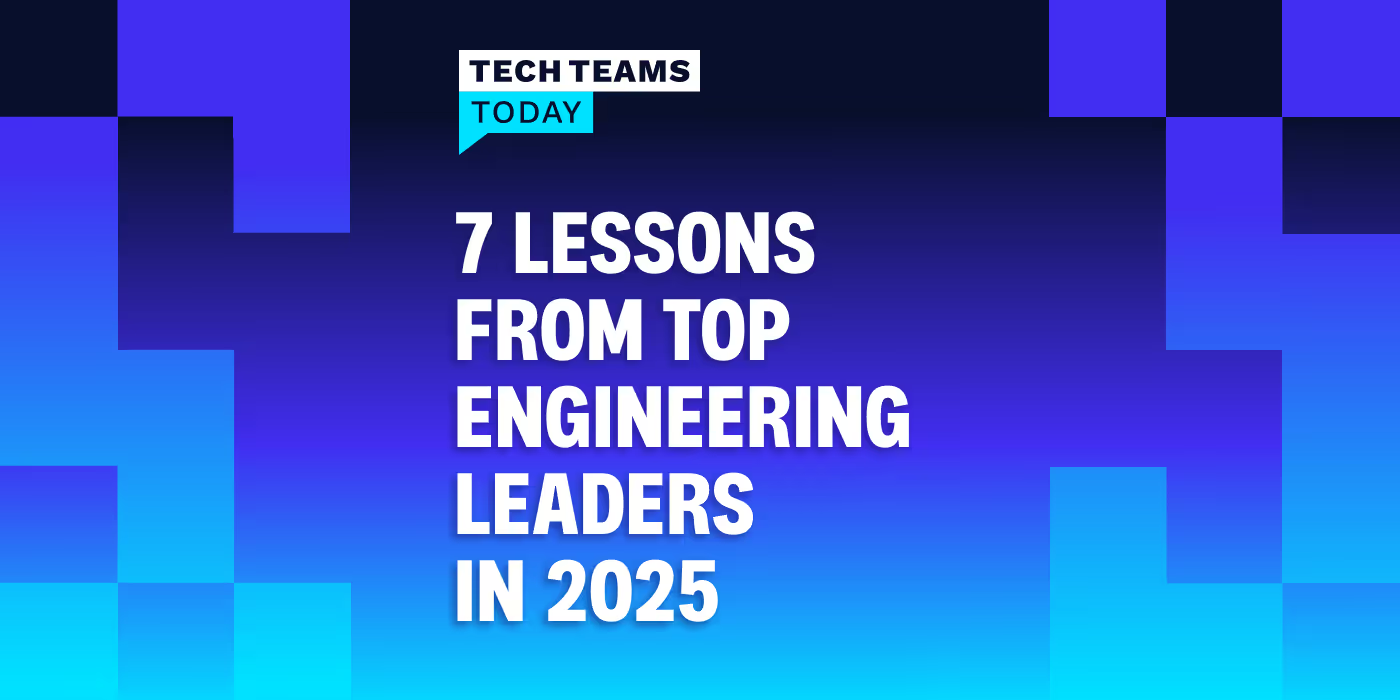The rise of hybrid and remote engineering teams has fundamentally changed how code is written, reviewed, and maintained. The traditional notion of code ownership—where a specific engineer or team is solely responsible for a piece of code—is being put to the test by distributed collaboration and asynchronous workflows.
As engineering leaders, we need to ask ourselves: how do we redefine code ownership for a remote-first world? The answer lies in creating a culture of accountability and innovation that thrives in this new engineering landscape. Let’s explore how.
Overcoming Challenges in Code Reviews and Collaboration
Challenges of Remote Collaboration
Working remotely brings undeniable benefits, but it also introduces new hurdles, especially in code reviews and collaboration:
- Lack of face-to-face communication: It’s harder to have real-time feedback and spontaneous problem-solving conversations.
- Time zone differences: These can slow down code reviews, create bottlenecks, and extend decision-making timelines.
Solutions for Effective Collaboration
Fortunately, there are tools and strategies that can bridge these gaps:
- Establish clear guidelines: Define Service Level Agreements (SLAs) for pull request (PR) reviews to ensure timely responses and avoid unnecessary delays mainly in the era of AI coding assistants where the time spent on code reviews has become a significant bottleneck in the development process.
- Encourage pair programming: Tools like Tuple and Live Share or any standard video conferencing tool, such as Zoom, Microsoft Teams, Google Meet can replicate in-person collaboration, fostering real-time problem-solving and deeper connections among teammates.
The Role of AI in Code Reviews
AI tools are becoming game-changers for code reviews:
- Platforms like CodeGuru and DeepCode can identify bugs, suggest improvements, and even flag security vulnerabilities.
- By automating repetitive review tasks, AI reduces the burden on engineers, allowing them to focus on higher-value work.
Fostering a Culture of Accountability Across Dispersed TeamsDefining Ownership in Remote Teams
Code ownership in a remote environment isn’t just about individual responsibility—it’s about fostering a shared sense of responsibility. We need to move from a “my code” mindset to an “our code” culture. Git-based metrics can play a role here, offering insights into contributions and collaboration patterns. These metrics should be used not to point fingers but to identify areas for growth and celebrate team efforts.
Best Practices for Building Accountability
- Set clear expectations: Define what “good” looks like for code quality, documentation, and review processes.
- Celebrate successes: Highlight team wins—whether it’s squashing a tough bug or shipping a major feature.
- Rotate ownership: Implement systems where ownership rotates across team members. This builds cross-functional expertise and prevents single points of failure.
Tools to Enable Accountability
- Use tools like Linear or Jira to track contributions, ensure transparency, and maintain momentum.
- Regular retrospective meetings give teams the space to reflect, identify pain points, and continuously improve collaboration.
The Role of DevOps and CI/CD in Maintaining Quality and SpeedDevOps as the Backbone of Code Ownership
DevOps principles are essential for remote teams:
- Automate repetitive tasks: From testing to deployments, automation ensures engineers can focus on solving complex problems.
- Ensure consistency and reliability: With DevOps, workflows are standardized, minimizing errors and boosting team confidence.
CI/CD’s Role in Code Quality
- Continuous Integration (CI): Automatically tests and validates code changes to catch issues early.
- Continuous Delivery (CD): Enables rapid, reliable deployments, ensuring that quality isn’t sacrificed for speed.
Conclusion: Shaping the Future of Code Ownership
As remote-first engineering continues to grow, the way we think about code ownership must evolve. It’s no longer about control—it’s about collaboration, accountability, and shared success.By embracing new strategies, leveraging the right tools, and fostering a culture of collective ownership, we can empower our teams to innovate and thrive in the remote era. Let’s build a future where code ownership reflects the best of what remote engineering has to offer.
What strategies have worked for your team? I’d love to hear your thoughts and experiences.





.avif)
